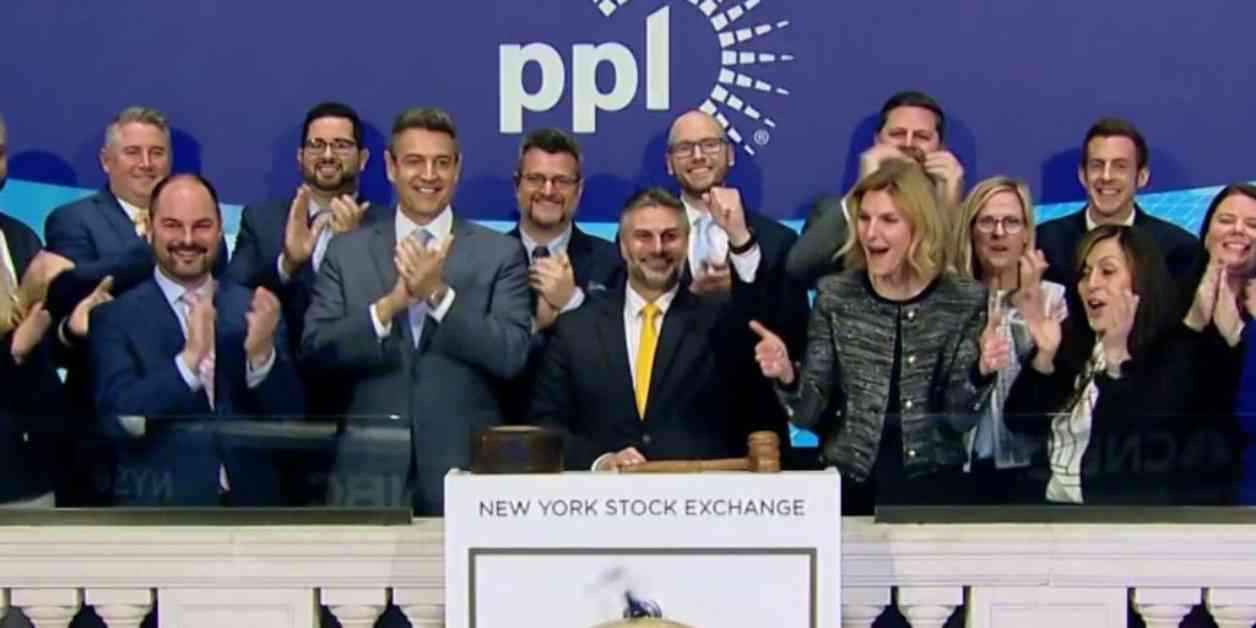The stock market has taken a significant hit as President Trump hints at concerns about a possible recession. Despite reassurances from the Commerce Secretary that Americans should not be preparing for an economic downturn, the uncertainty surrounding Trump’s policies and tariffs has investors on edge.
Market Volatility and Political Uncertainty
The recent plunge in the stock market, with the Dow falling almost 900 points, can be attributed to the mixed messages coming from the Trump administration. While the Commerce Secretary insists that there is no need for Americans to brace for a recession, the ongoing trade war and tariff threats have created a sense of instability in the financial markets. Investors are wary of the potential impact of these policies on the economy, leading to increased volatility and sell-offs in the stock market.
In a recent Cabinet meeting, President Trump reportedly made it clear that Elon Musk, the CEO of Tesla and SpaceX, is a key partner in his administration. This statement, coupled with the impending 25% tariffs on steel and aluminum, has further fueled concerns about the direction of U.S. economic policy. The uncertainty surrounding trade negotiations and international relations has contributed to the market’s downward spiral.
Expert Analysis and Political Response
As the Trump administration grapples with economic uncertainty, experts are weighing in on the potential consequences of the President’s policies. The House Ways & Means Committee Chair acknowledges that Trump’s tariffs will have both winners and losers across various industries. The impact of these tariffs on foreign goods could lead to increased prices for consumers, as noted by the Commerce Secretary.
On the political front, Senator Slotkin emphasizes the need for “new voices” in the fight against Trump, calling for a more unified and strategic approach from Democrats. The ongoing rift between Trump and Ukrainian President Zelenskyy has also raised concerns among lawmakers, with one House Democratic lawmaker warning that the U.S. risks being on the “wrong side of history” if the situation is not resolved diplomatically.
In response to the economic uncertainty, Trump has granted a one-month delay on tariffs for the “Big 3” automakers, providing some relief to the industry. However, the broader implications of Trump’s tariff policies remain a point of contention, with Canada’s Ontario Premier threatening to respond to tariffs in a manner that the U.S. has “never seen before.”
As the stock market continues to react to Trump’s policies and statements, the broader implications on the economy remain uncertain. While the Commerce Secretary insists that Americans should not be preparing for a recession, the market’s response to Trump’s tariff tumult and geopolitical uncertainty underscores the challenges facing investors in the current economic climate. The coming days will be critical in determining the long-term impact of these policies on the financial markets and the broader economy.


